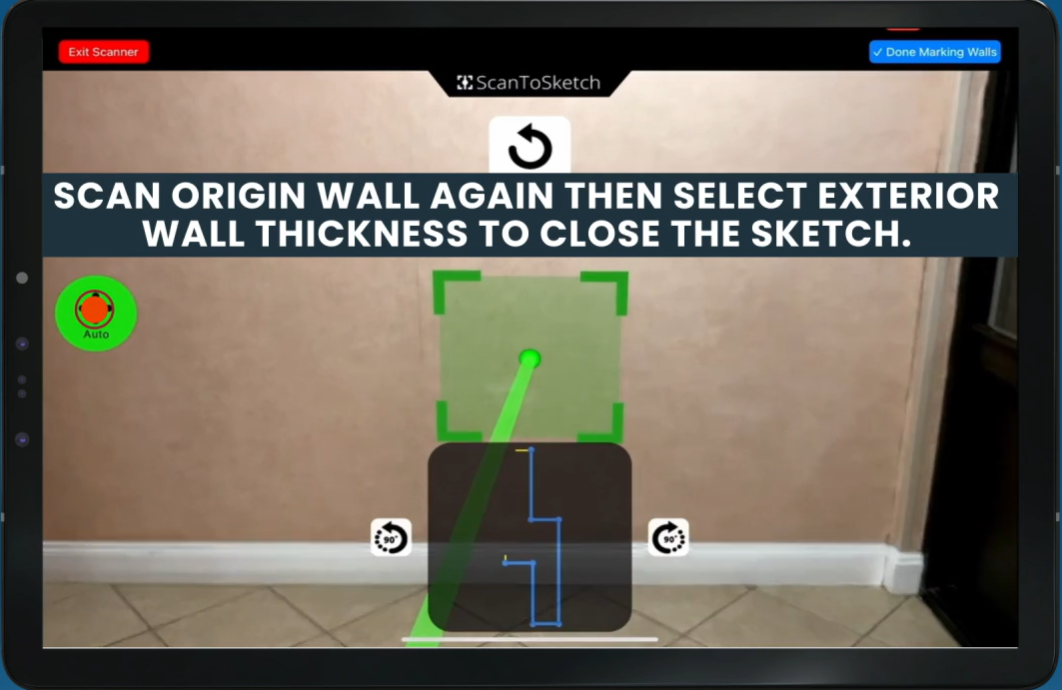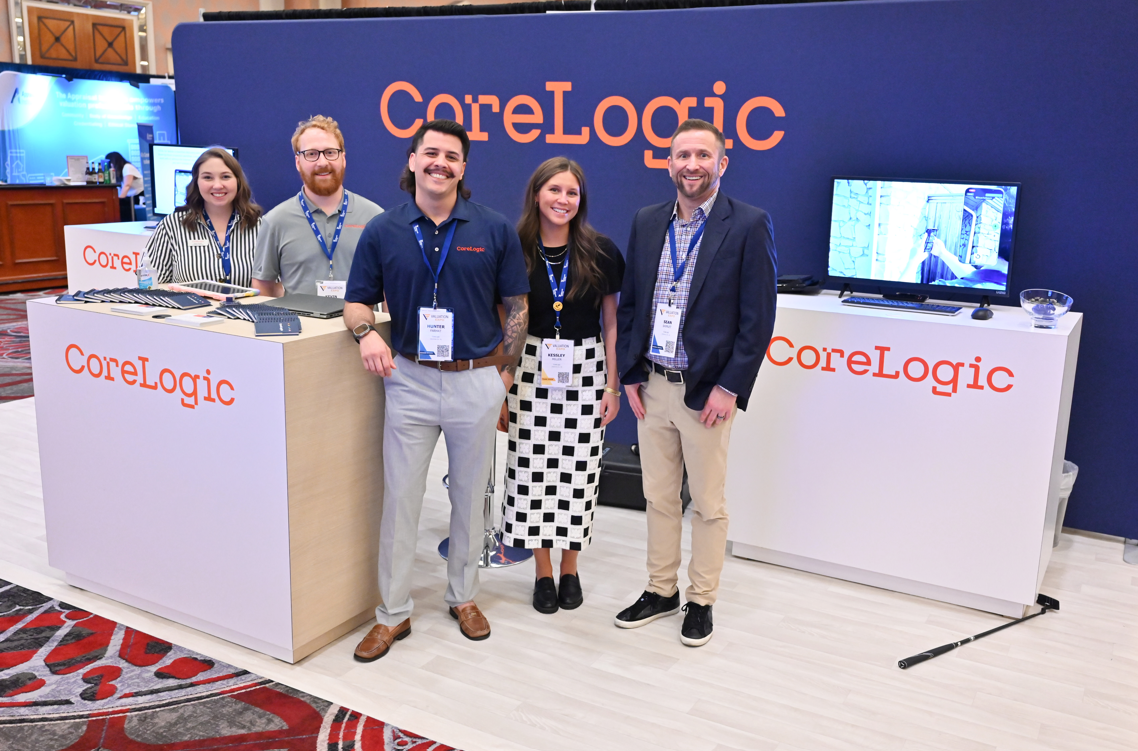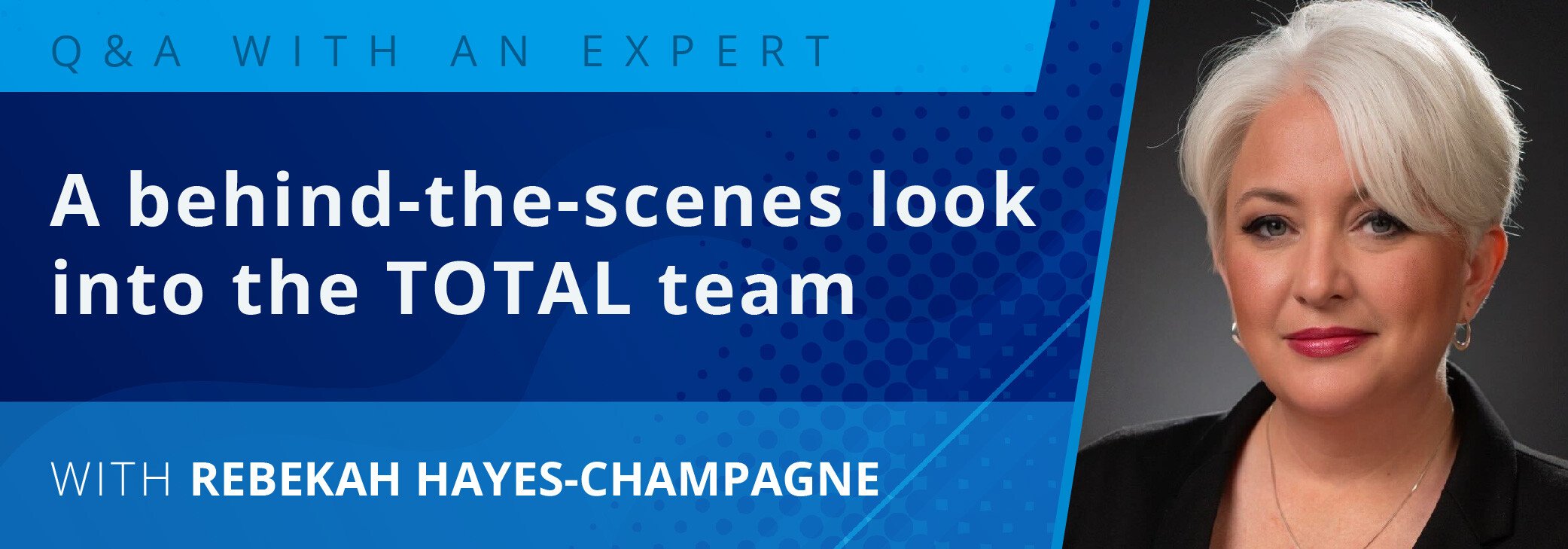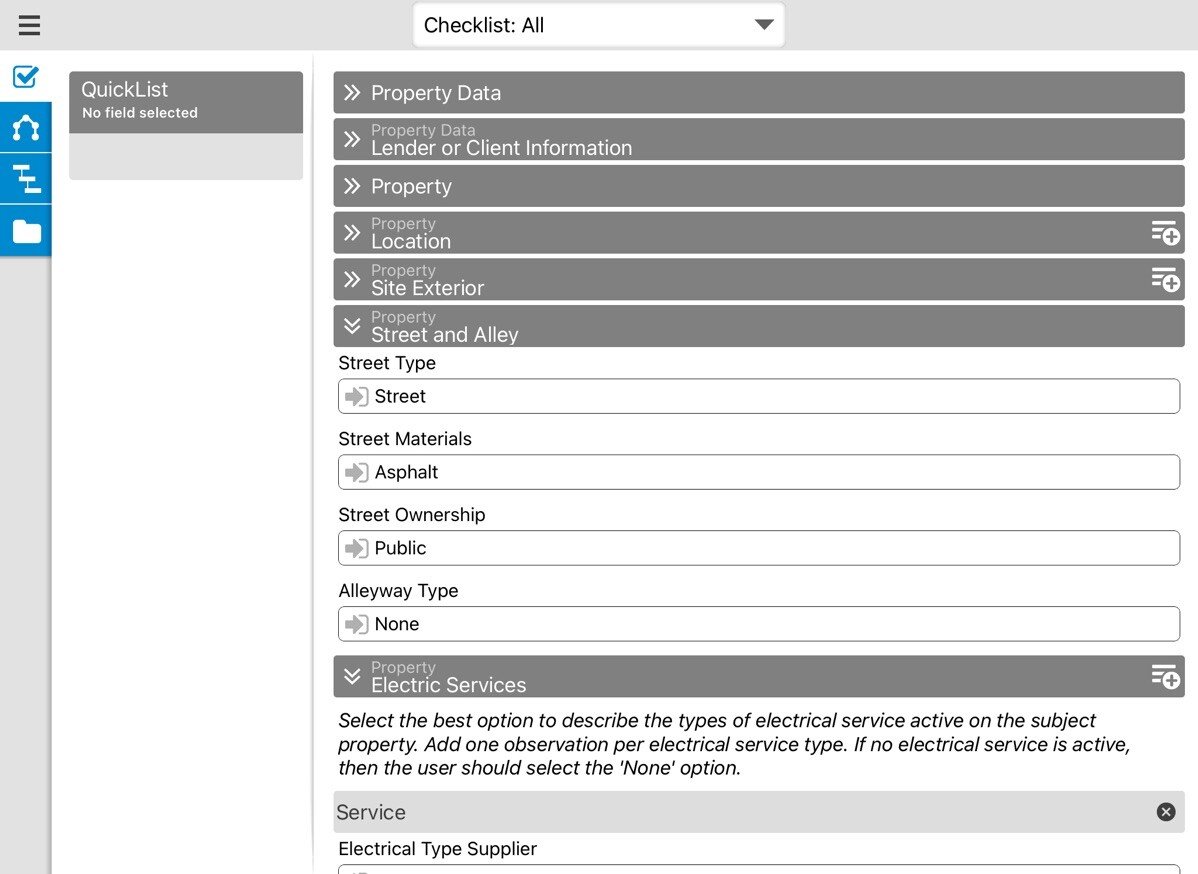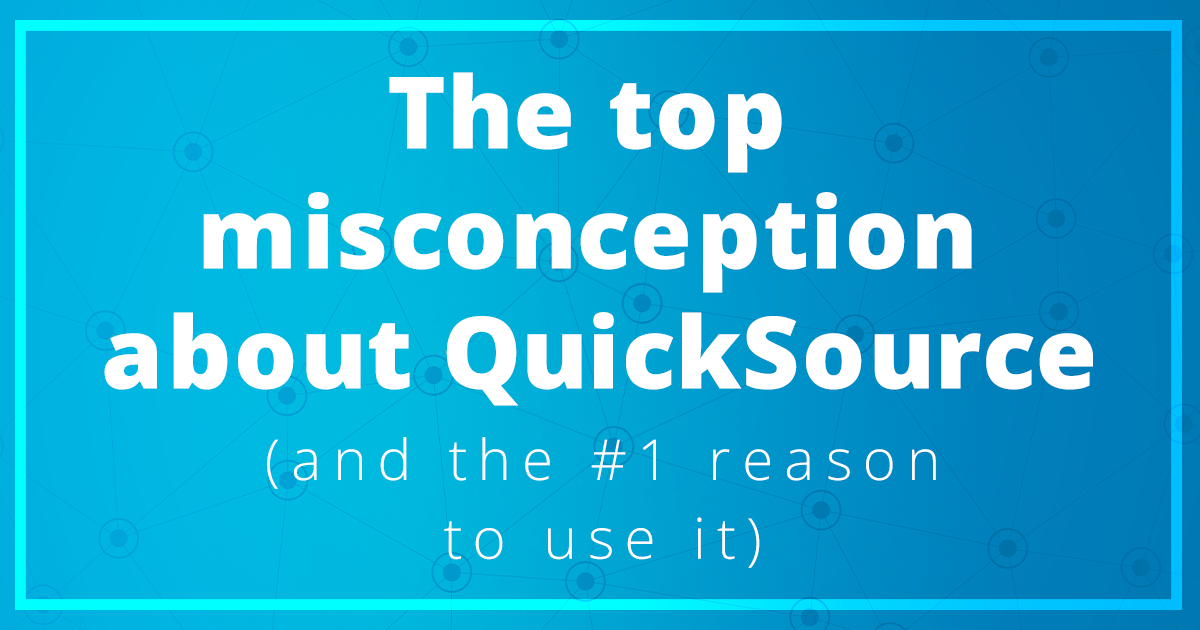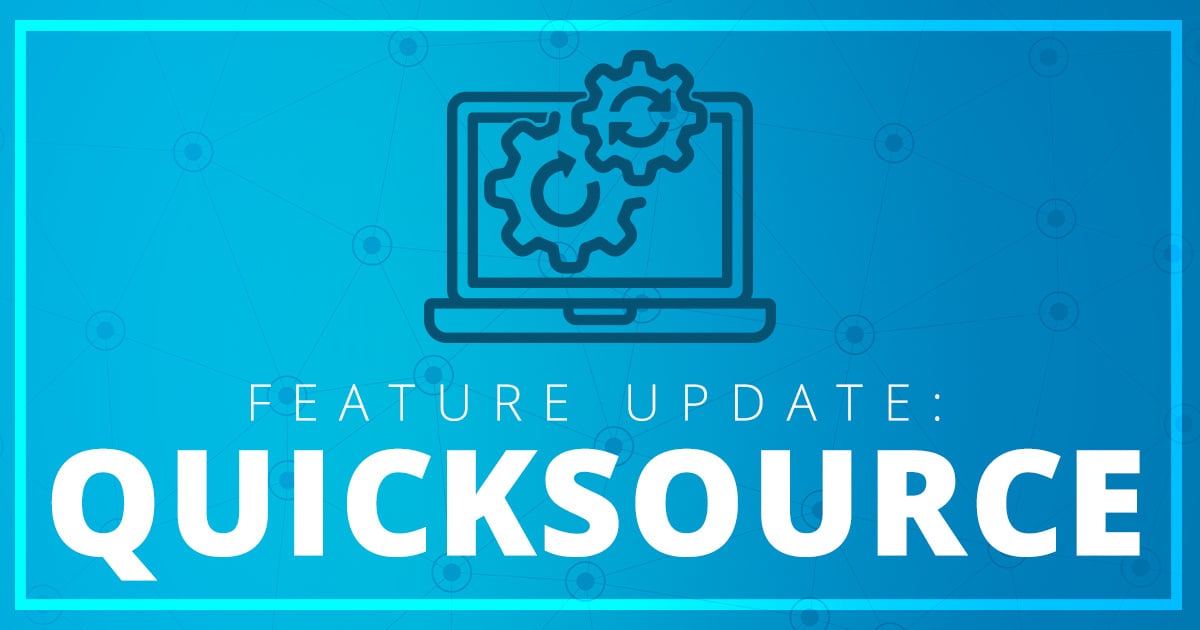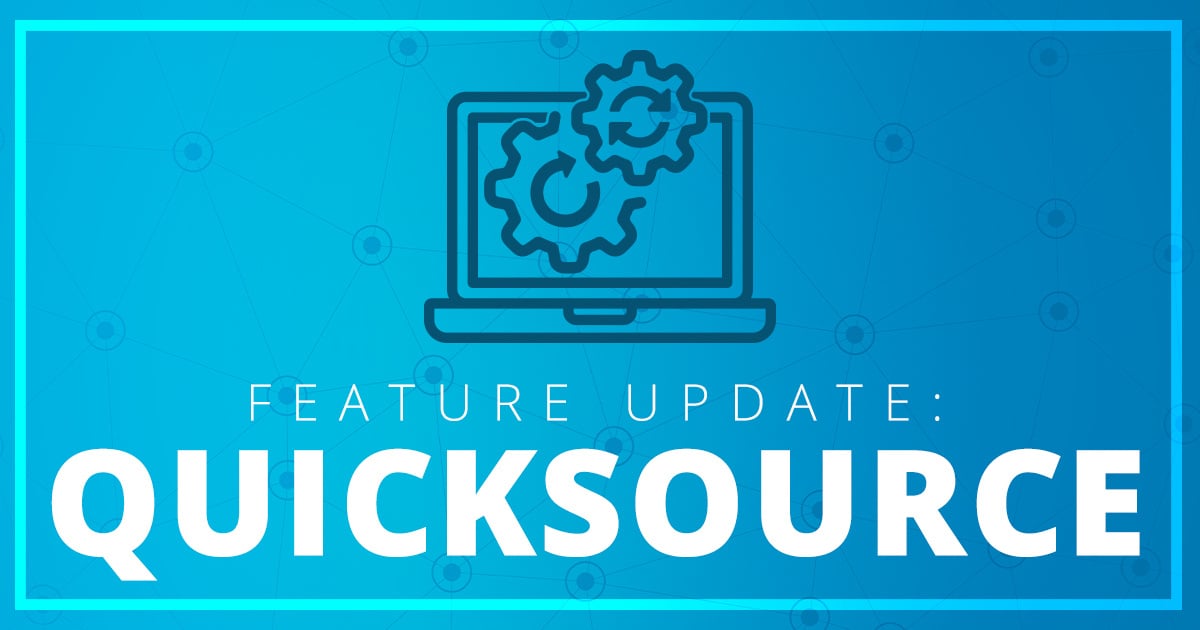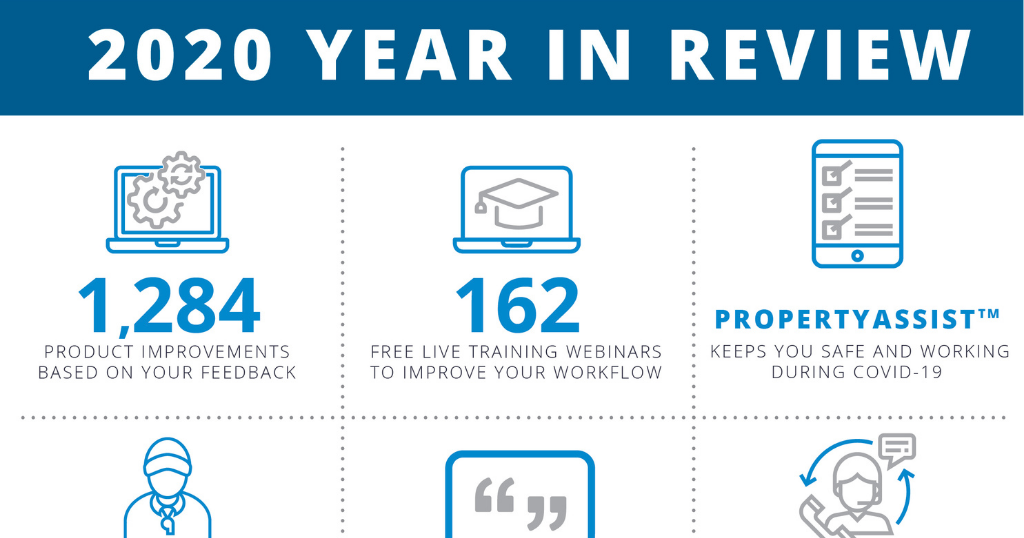A hot topic lately in our e-mail and phone correspondence with customers and noncustomer appraisers, on Internet message boards, Yahoo! “user groups” and Internet e-mail lists has been appraisal technology provider sponsorship of conferences promoting Automated Valuation Models (AVMs), as well as dues-charging appraiser advocacy associations becoming involved with establishing standards for AVM usage in mortgage transactions so that they can be used more reliably in place of full appraisals. (We started it, here and here, but nobody was talking about it before, and it’s become clear since that they’re topics that a lot of our customers and appraisers in general care about).
We have repeated our position on AVMs in this e-newsletter, to reporters from American Banker, Appraisal Intelligence, National Mortgage News, and publicly in our training seminars, at conferences and expos, on Internet message boards, and in any number of other places. But when companies and organizations that purport to serve appraisers start getting caught with their hands in the AVM cookie jar, frustratingly, there are people who chastise us and believe we must be selling them out, because we’re the biggest appraisal technology provider, and the profession’s largest and arguably most effective advocate.
We have been approached to sponsor or advertise in pro-AVM audio seminars, sponsor or exhibit at AVM-themed conferences and expositions, lend our name and technology to “appraiser-assisted AVMs” – a term which always makes us wonder why there aren’t “AVM-assisted appraisers.” Time and time again we have demonstrated by omission that we refuse to support efforts to either put appraisers out of business or minimize the fees they earn for their work.
We’re so big that if a percentage of appraisers went out of business or started to make a quarter on the dollar per assignment what they make now, our bottom line would be severely impacted. You don’t need to believe we’re looking out for appraisers because we were established by appraisers, are run by appraisers, make most of our management become licensed appraisers, and have been serving appraisers for 19 years next month (considering our age, you might think of us as the first honest appraisal company) – but even the most cynical should believe we wouldn’t do something that would slash our revenue and profit. The more money you make, the more stuff of ours you buy. It’s really that simple.
Are AVMs themselves somehow “evil” and worthy of banishment from the face of the earth? No. When an investor wants to buy a portfolio of 100 mortgages, and the time between offer and sale is days if that long, AVMs are a terrific tool for providing the investor with the confidence he or she needs to make the investment decision. Over a large sample size the errors AVMs make on the individual property level effectively cancel out and a picture of the aggregate value of the properties is possible. AVMs can be properly and effectively used as fraud mitigation tools. If three AVMs peg a value of a property in a data-rich area at $150,000 to $170,000 (and you’re lucky if the range is that small, but for purposes of example) and a review appraiser has a report in hand with an opinion of value of $280,000, it’s time for more due diligence on the comps and methodology. Conversely, AVMs – in data-rich areas – can “move along” opinions of value that needn’t be looked at as closely, resulting in review resources being deployed more effectively.
But AVMs simply cannot replace traditional, full appraisals on a first mortgage loan. If they could, would Fannie Mae and Freddie Mac – which has, for goodness sake, developed its own AVM – not have eliminated the need for appraisals on their loans long ago? Would not the market have provided a solution to historically-long turn times in the last three years caused by the sheer volume of appraisal work in certain areas? And if AVMs could be used in lieu of a full appraisal – and if they used the same data as appraisers, only culled it and analyzed it more quickly, as claimed by AVM advocates – would not you be able to get an AVM value in 100 percent of the country? Because you can most certainly get a full appraisal on any property in the country. AVMs work poorly, and when they work poorly, they only work in 20 percent of the country.
The argument that “we go to a lot of conferences where appraisal clients are,” offered publicly by ACI in response to the revelation that it was sponsoring and participating in the Predictive Methods Conference this month, does not withstand scrutiny. PMC 2004 is a purely pro-AVM conference, billed on its website as a “boot camp experience for AVMs,” at which the speakers have historically waxed on gleefully about their belief in the coming demise of the human appraiser. It’s no appraisal conference with a casual reference to an AVM.
We know that because we’ve “snuck in” to several such conferences, from many sources, and listened and learned. As an appraiser, you’d be outraged. One had a PowerPoint presentation with a full-screen picture of a Dilbert-like character, looking confused and slow, with a label something like “Your appraiser.” The crowd burst into applause and laughter. These attendees hate appraisers.
This is what ACI is sponsoring. Sponsoring, not just attending. Sponsorship is endorsement. Sponsorship is agreement. Sponsorship is taking sides – and in this case, the wrong one. Sponsorship by an appraisal software provider is not participation in the development and promotion of AVM technology for portfolio valuation; it’s participating in the development and promotion of AVMs in lieu of appraisers in mortgage transactions.
ACI can claim it’s for educational purposes, but you don’t have to write a check underwriting the conference and lending your name and brand identity to the cause in order to simply be educated about where AVMs are going. A floor pass costs $695.
Another valuation-themed newsletter last week said we were “insulting your intelligence” with our reporting on the ongoing implosion in the acceptanace of AVMs in mortgage transactions. It suggested that the only real problem AVMs have is that they’re not reliable. (“Other than that, Mrs. Lincoln, how did you enjoy the play?”)
The solution to that, it was suggested, is to have an appraiser sign off on them, lending their license, designation (if applicable), reputation and E&O insurance to the computer-generated value, for around $100 or so. And happily!, the newsletter publisher is offering a seminar in a few months on how to get in on the ground floor of this exciting new career.
Sponsorship or promotion of the use of AVMs in mortgage transactions, by appraisers or otherwise, is promoting taking money out of your pocket. And by extension, ours.
And the problems with AVMs that have nothing to do with there being no standards to measure their accuracy by are legion. There’s not enough data. The data there is, is often unreliable. The data there is, is normally 60-90 days old, because it is hand-entered from paper records, most often overseas. Much of the data hand-entered from paper records is included on documents that may not be legally disclosed under federal law (which is why it’s most often done overseas).
Rather than address these problems, all of which pre-date in the process the reliability of the result of the analysis of the data, there are consortia and committees that want to establish analysis standards. What they are going to discover, or may already know, is that the street-level mortgage market (as opposed to the secondary market) does not want AVM standards. They prefer to try as many AVMs as they can until they find the highest number. Standardization will cost the first mortgage market refinance business. Fitch Ratings has said that rampant “number shopping” by mortgage brokers was near the top of the list of their concerns about AVM accuracy.



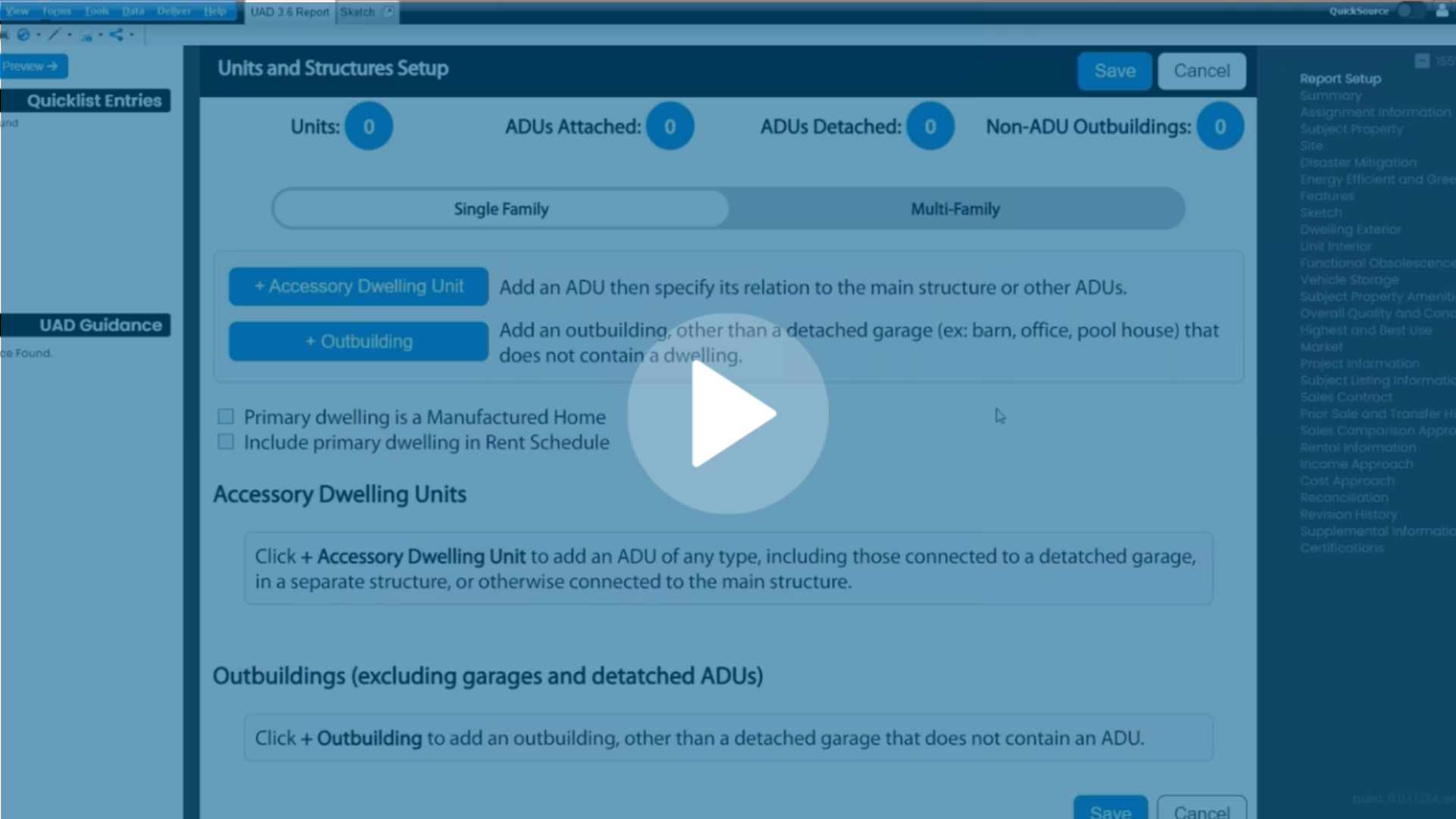
.png)

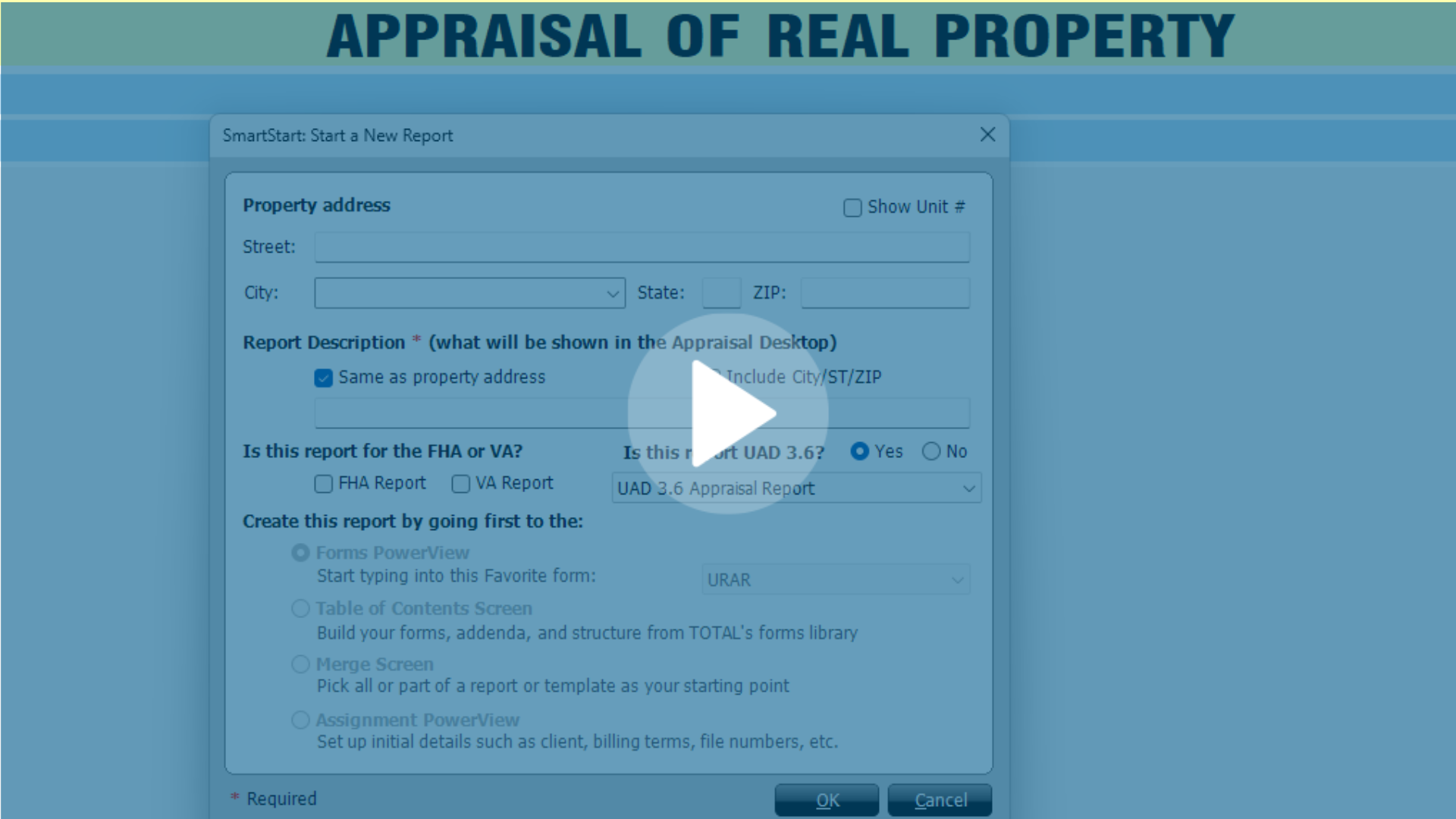


.png)
-1.png)
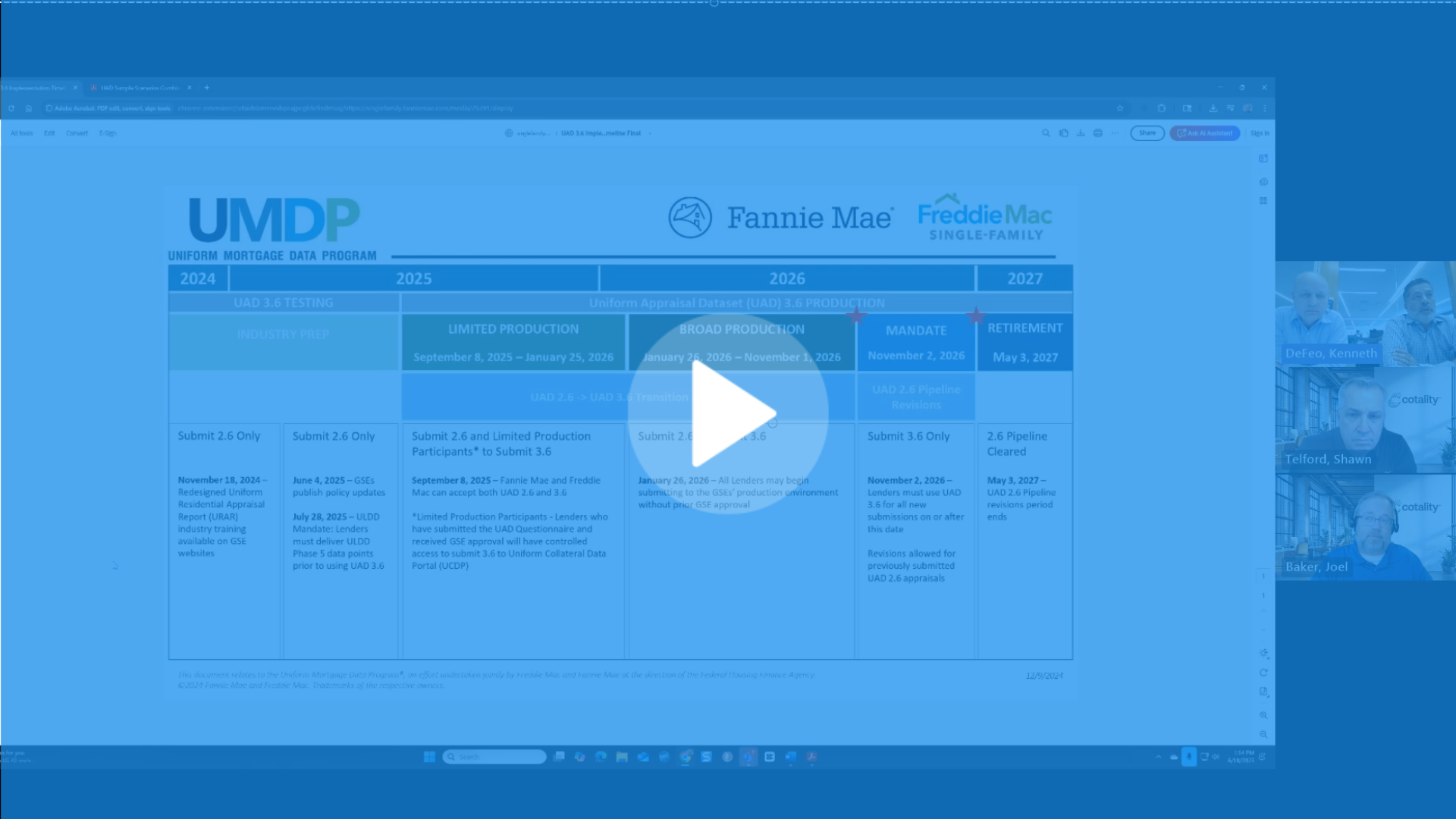
.png)
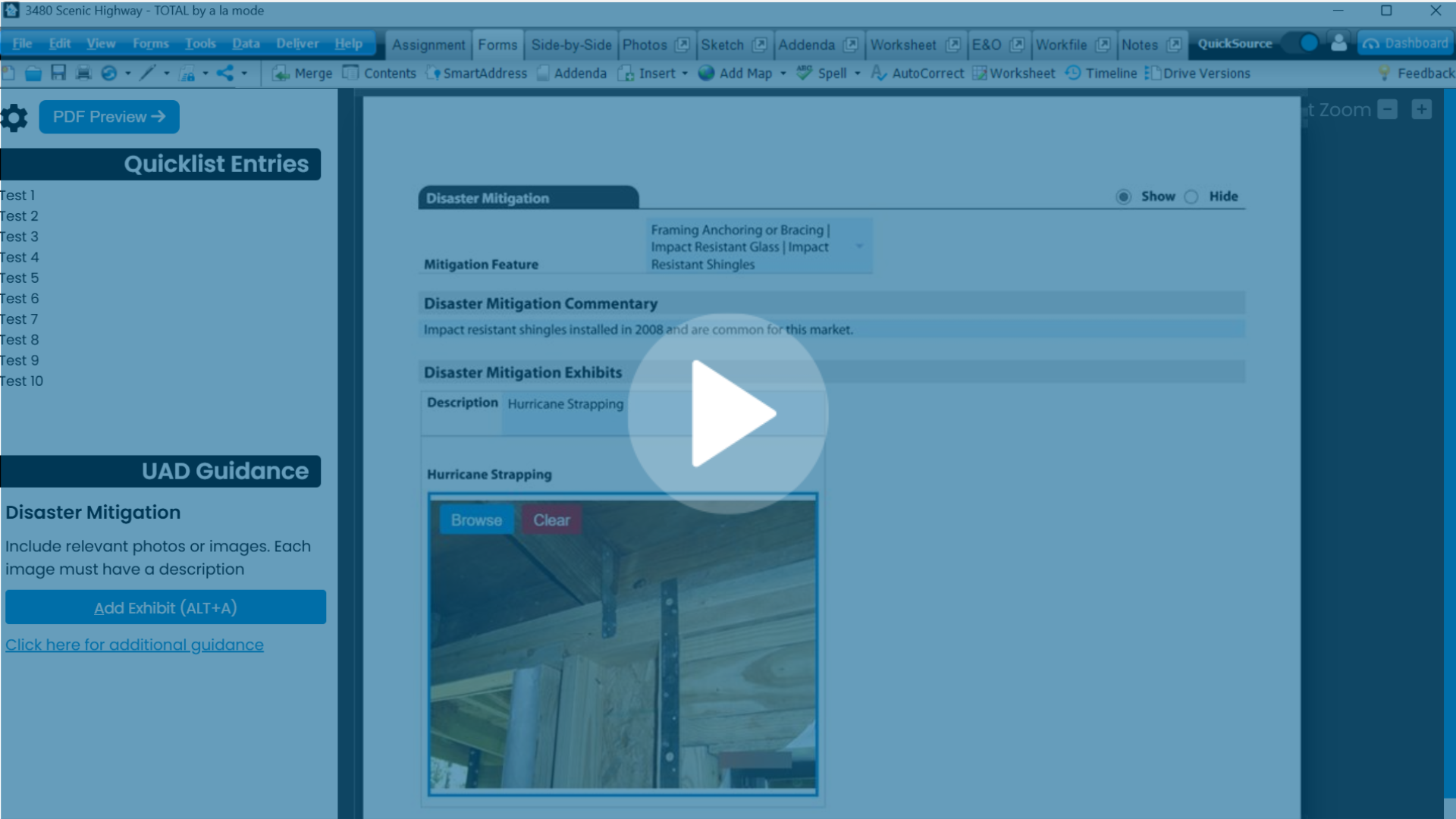
.png)
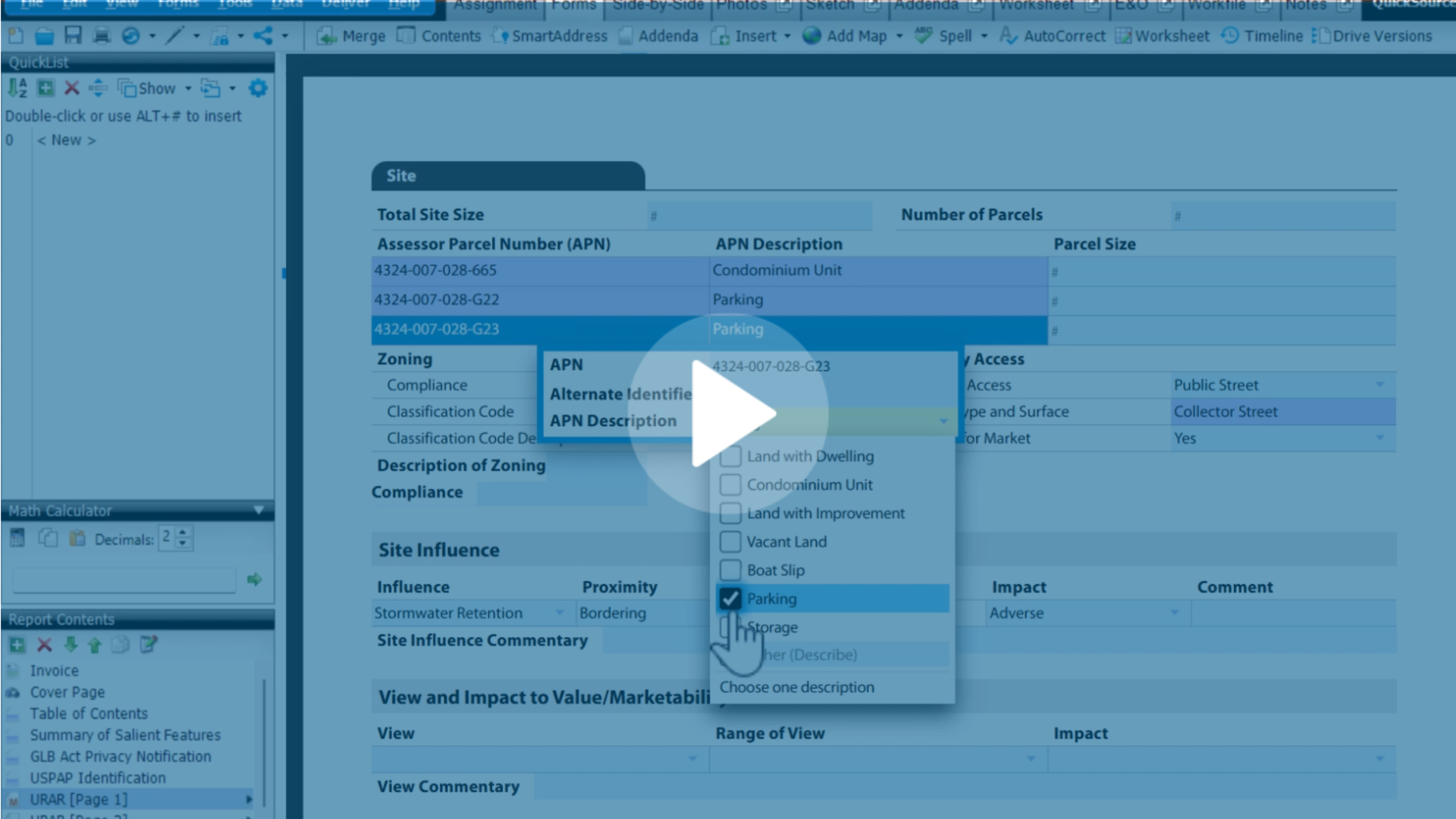
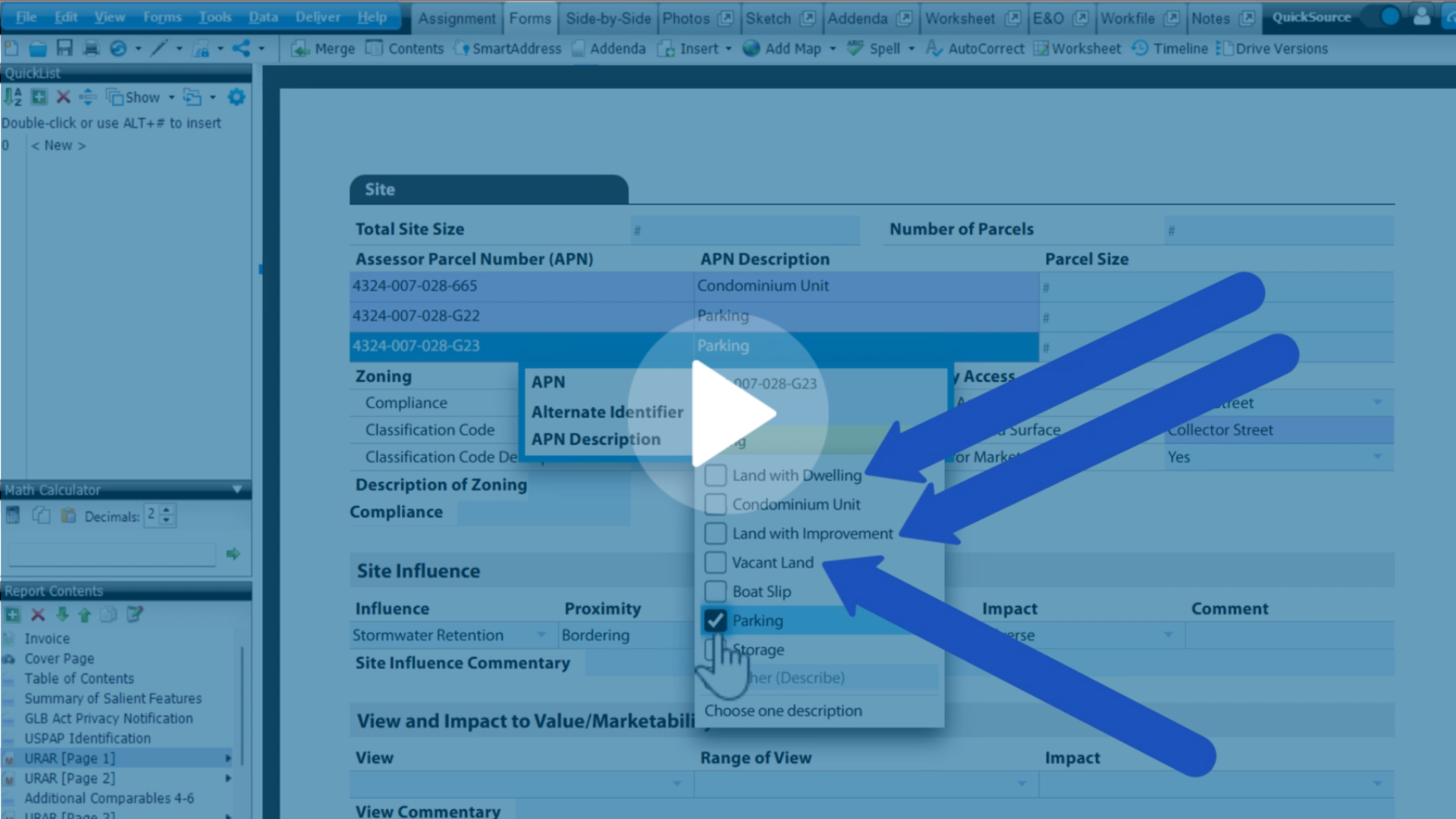
.png)
.png)
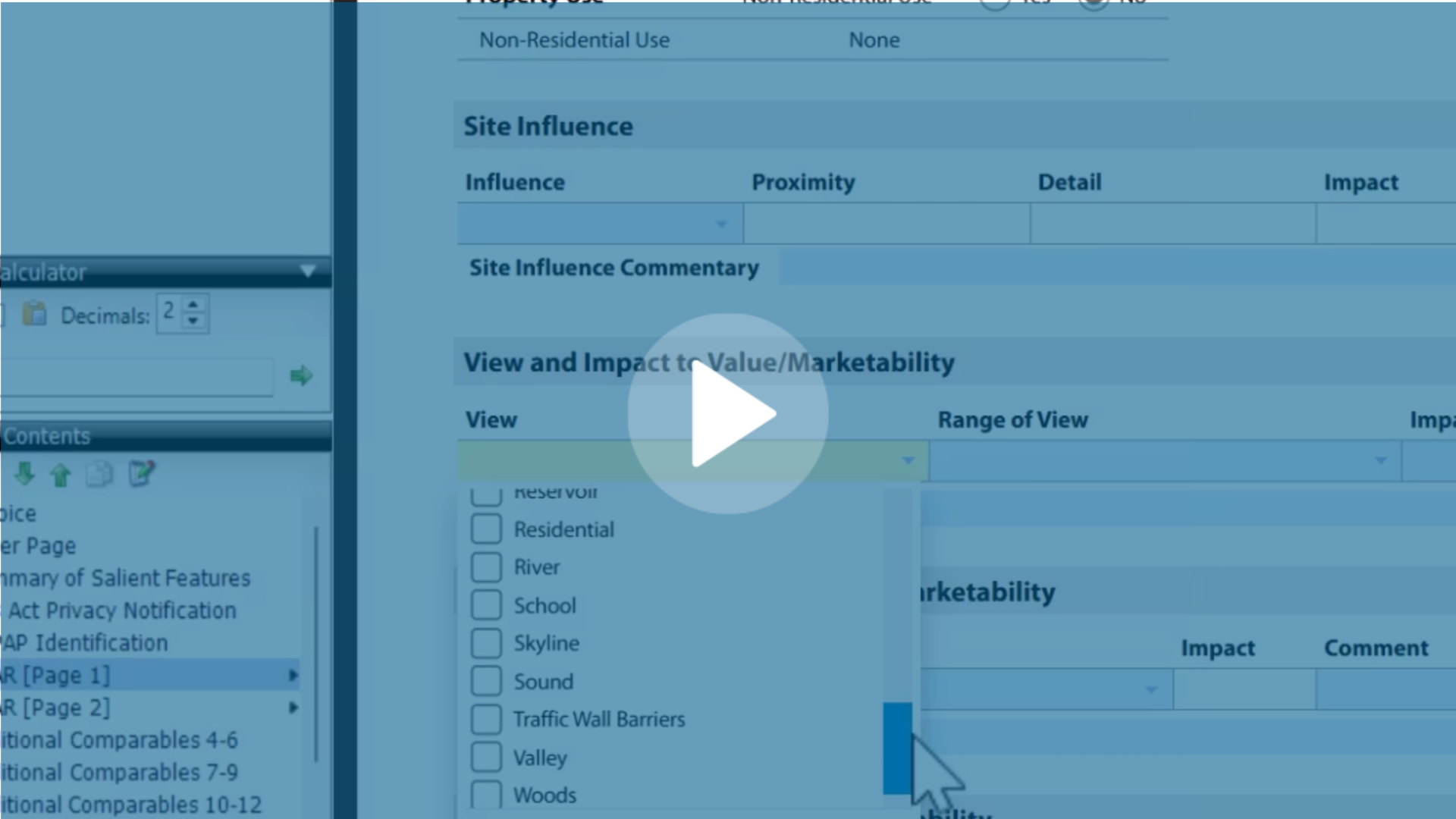
.jpg)
.png)
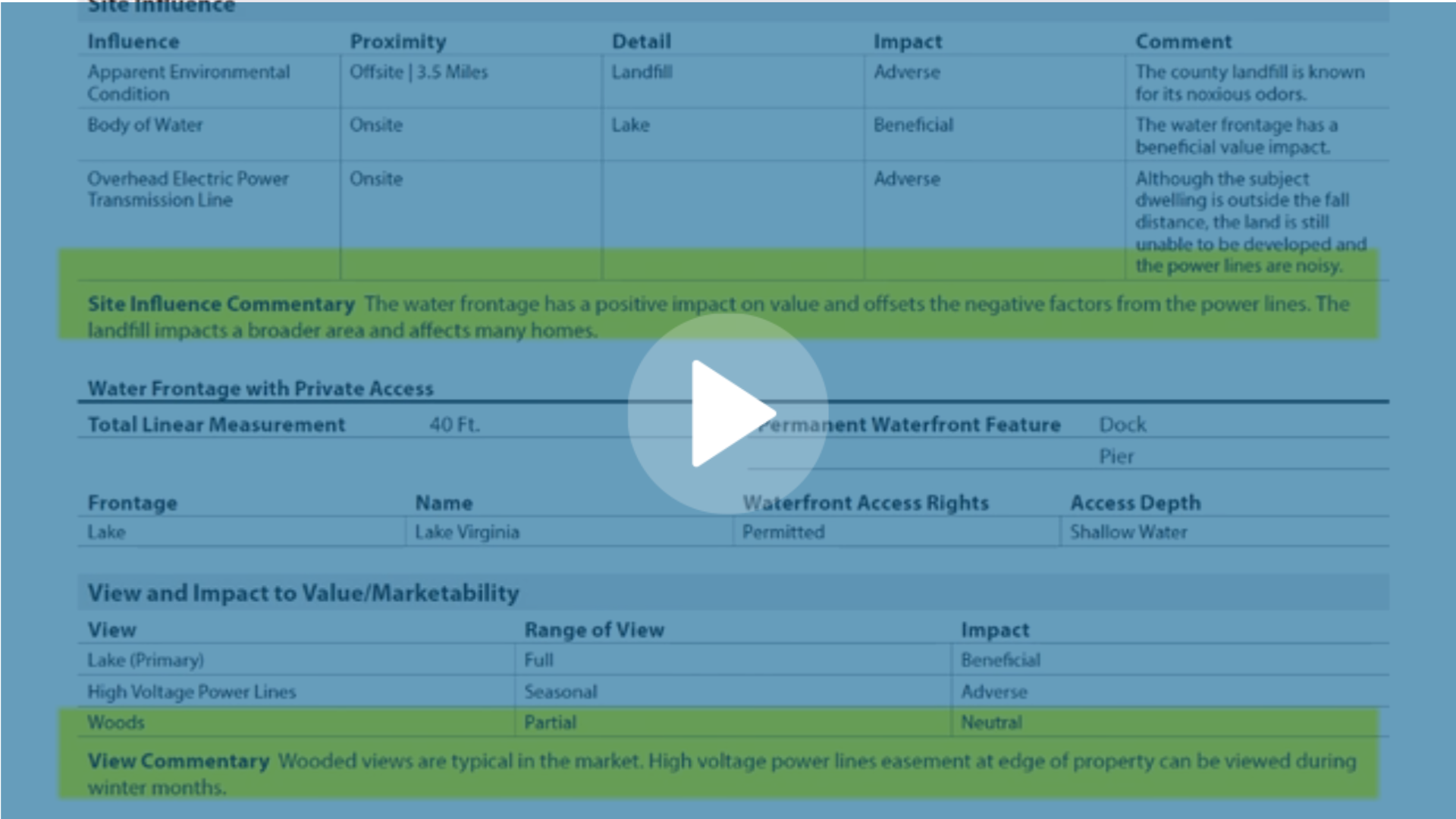
-1.png)



